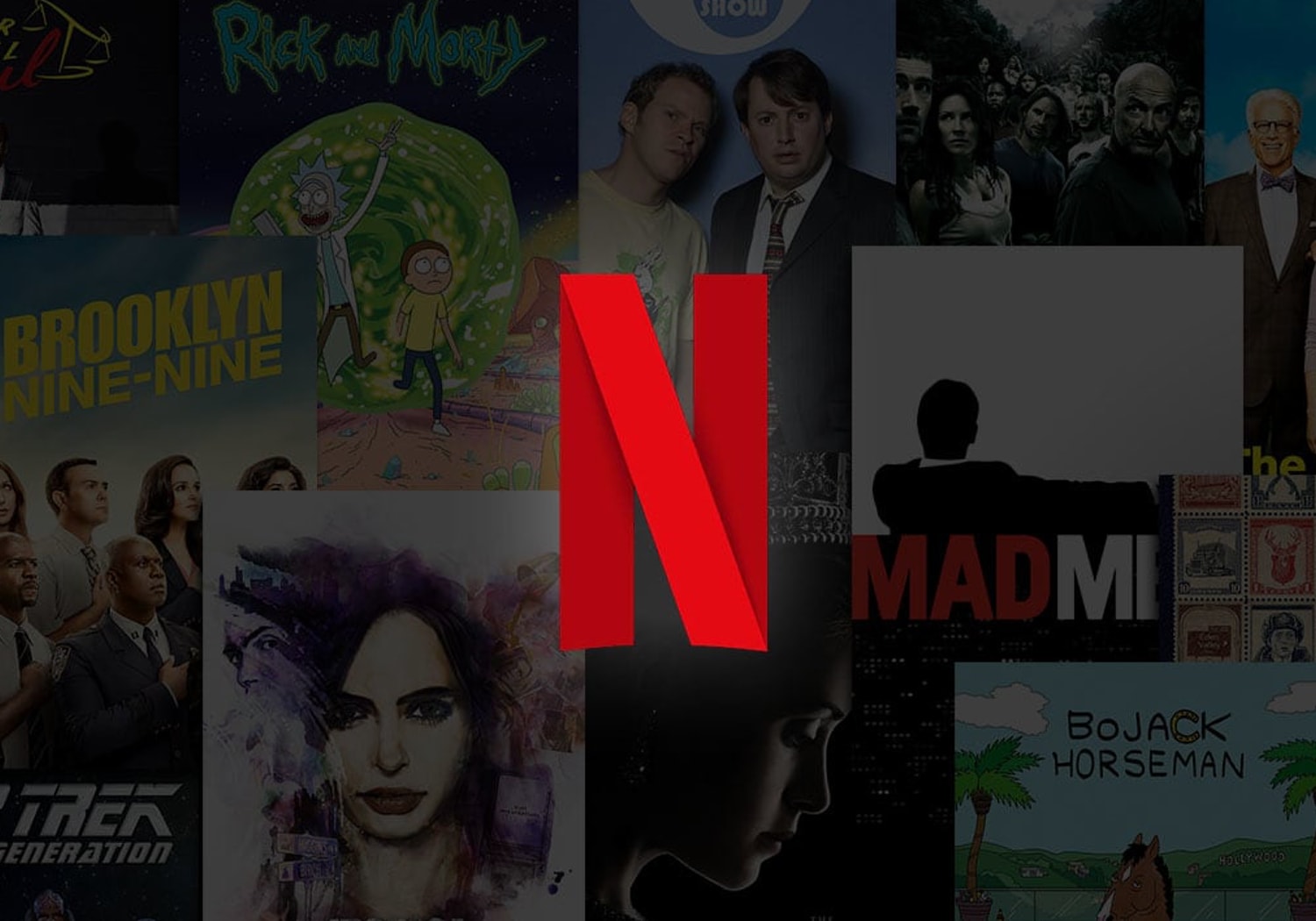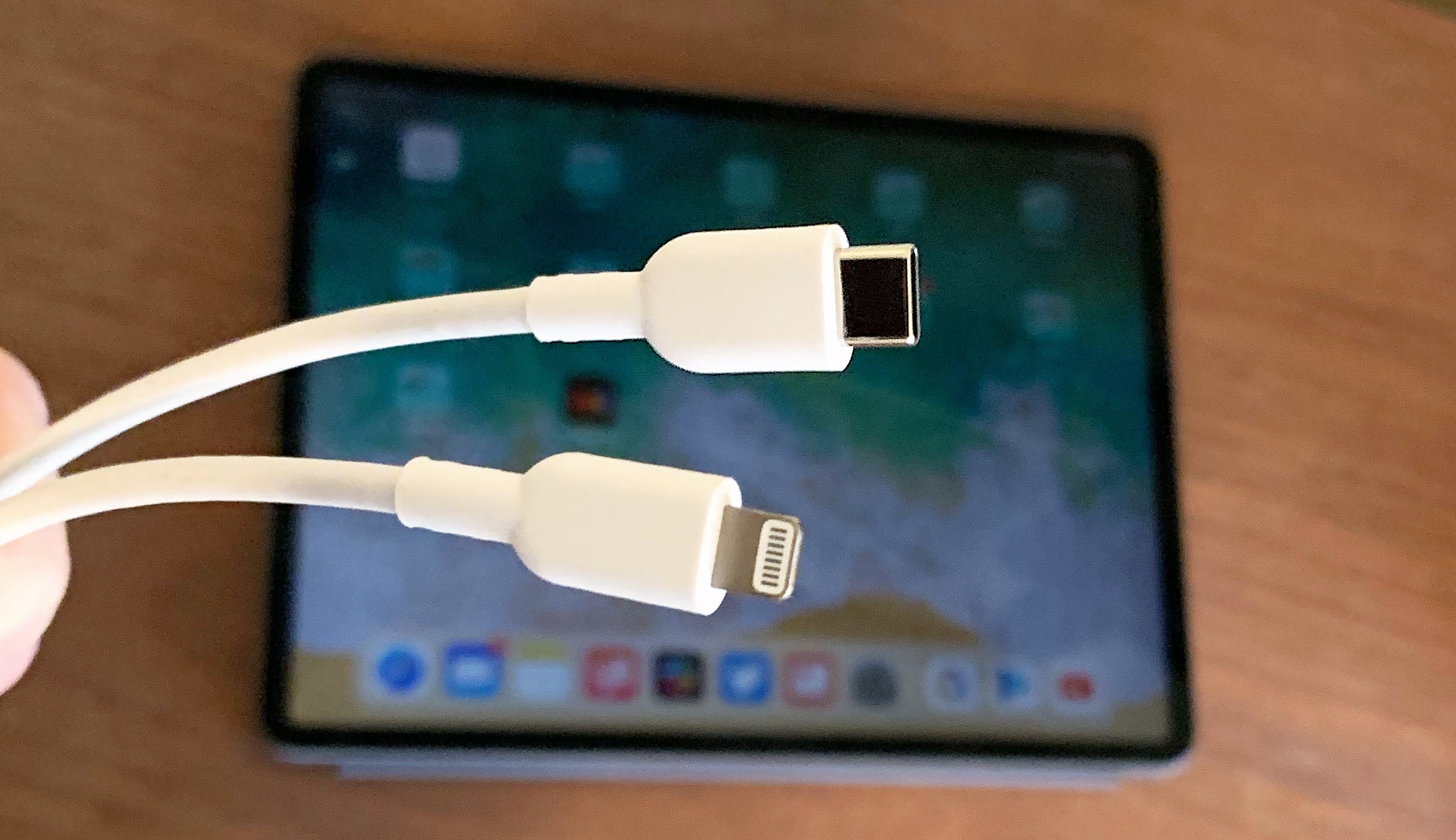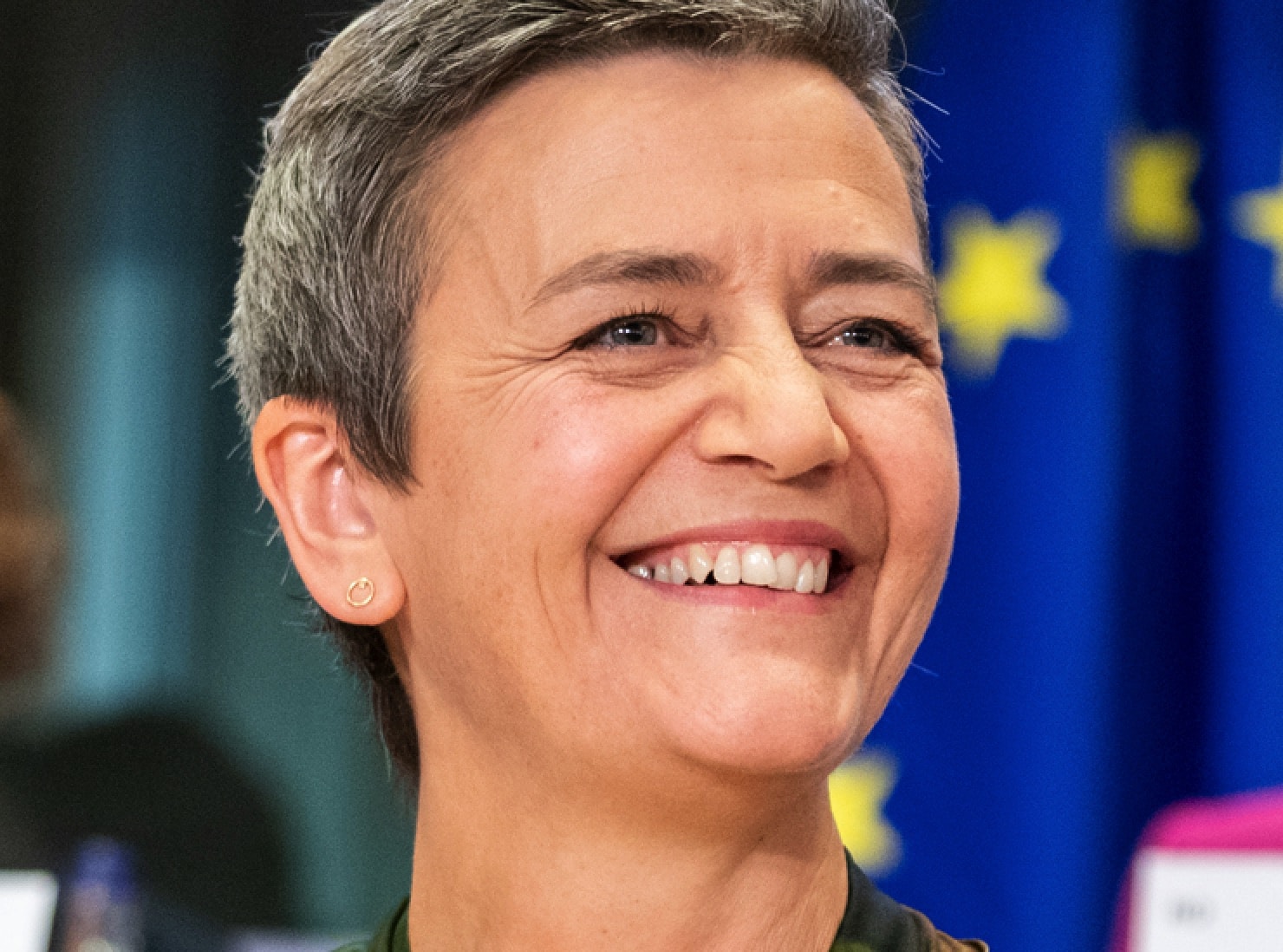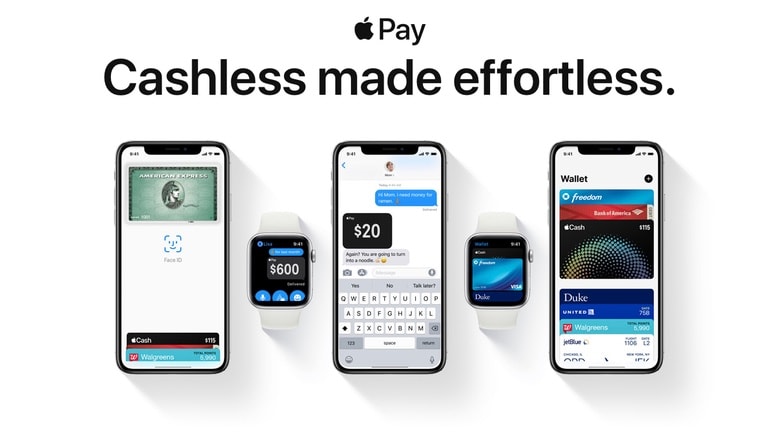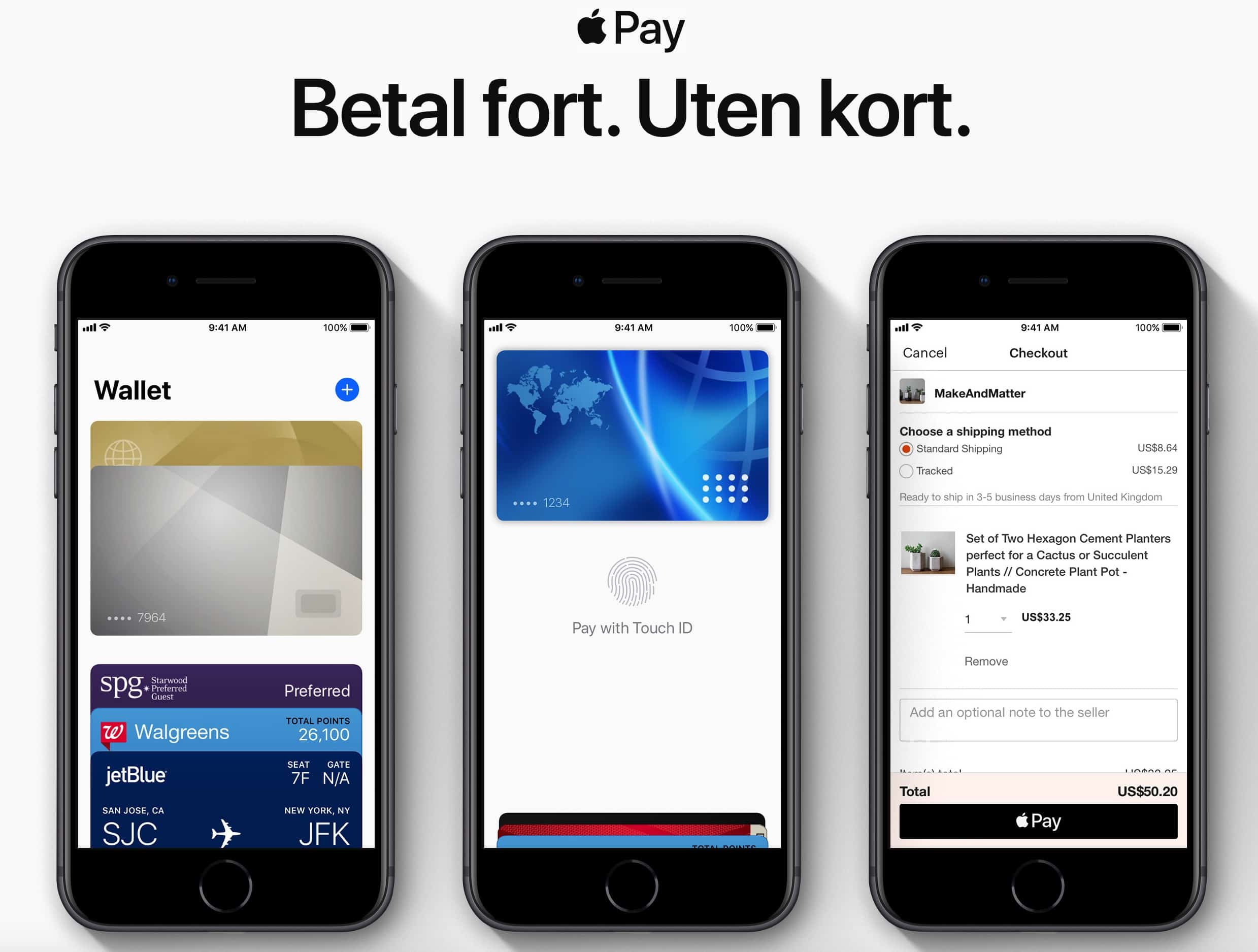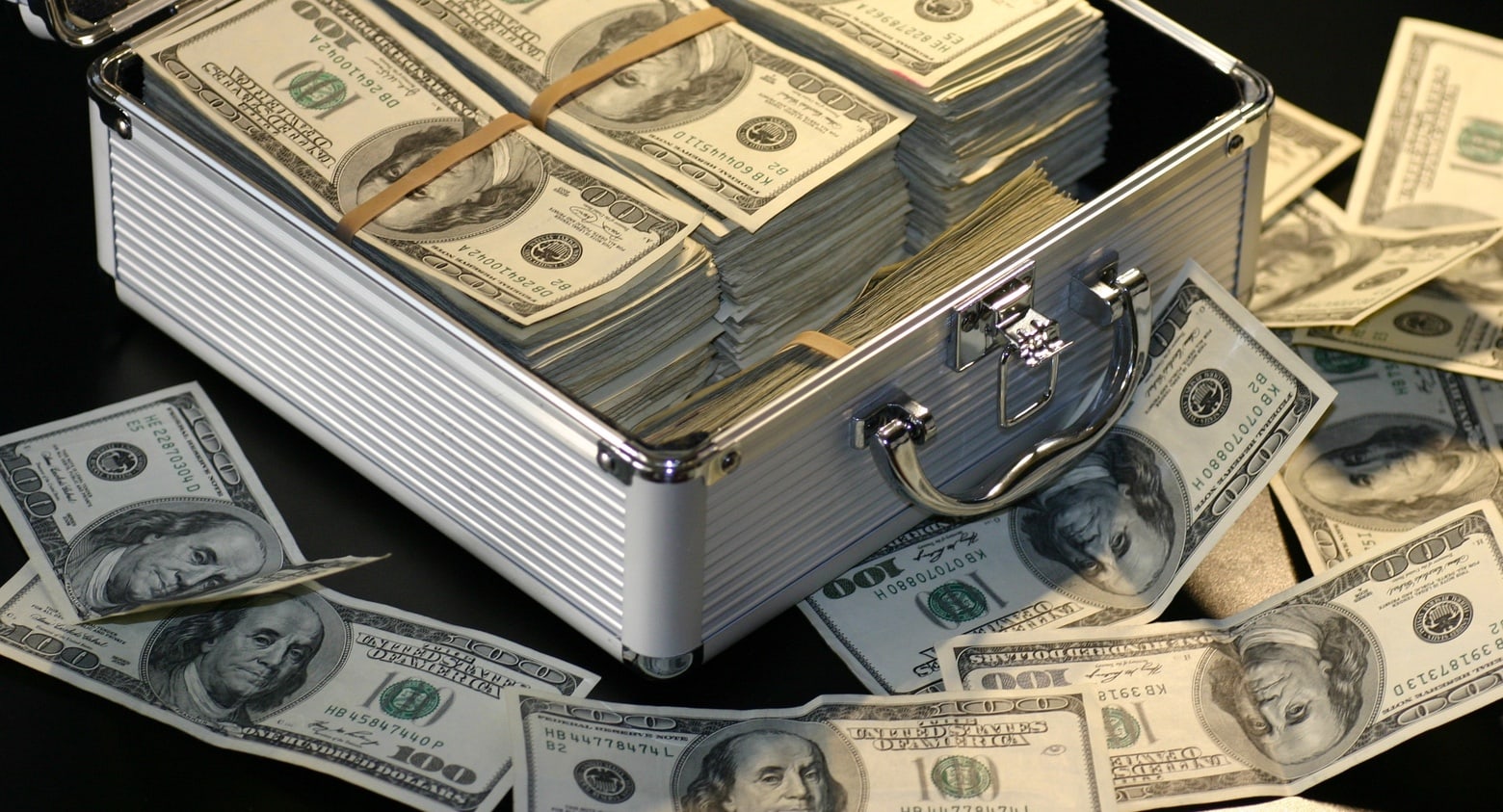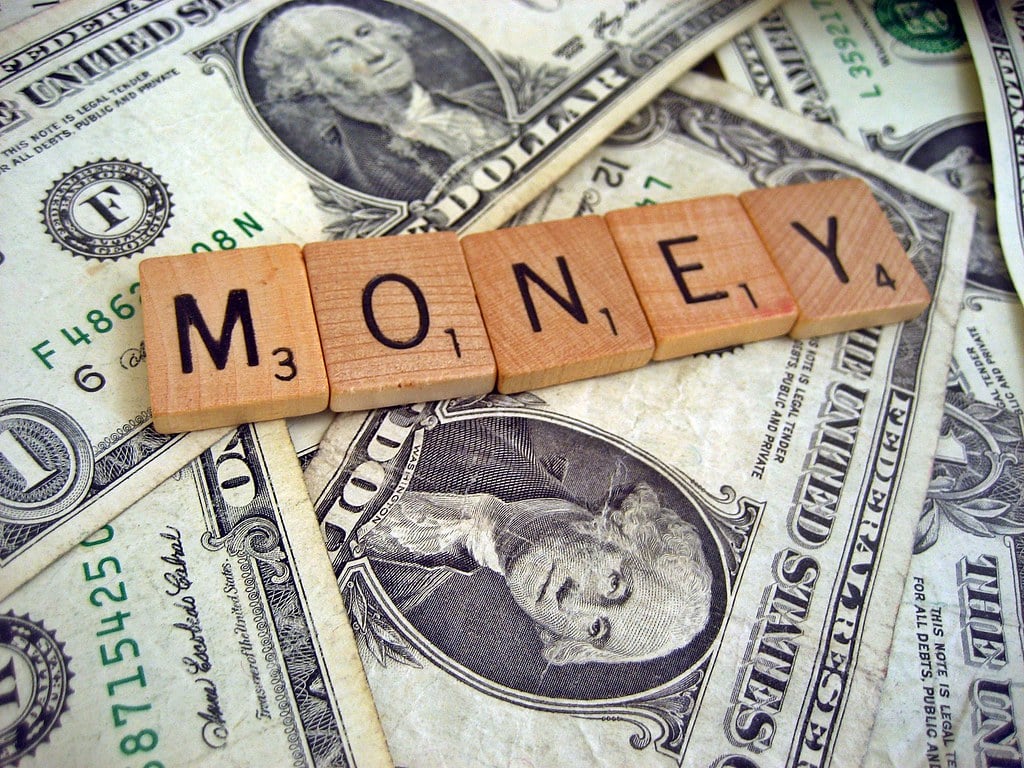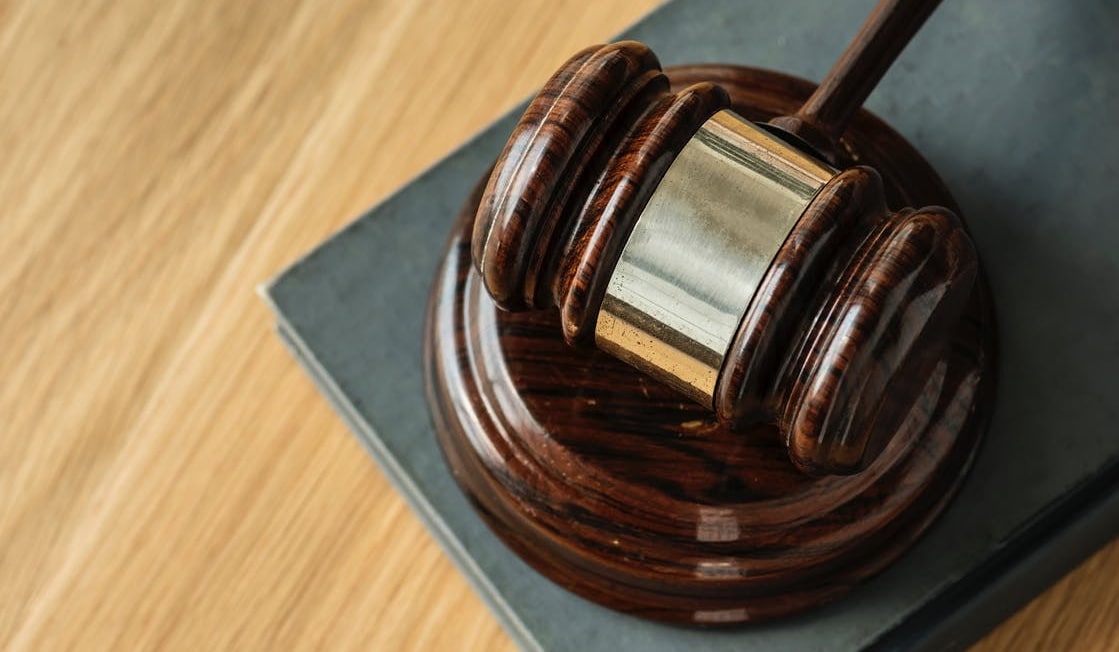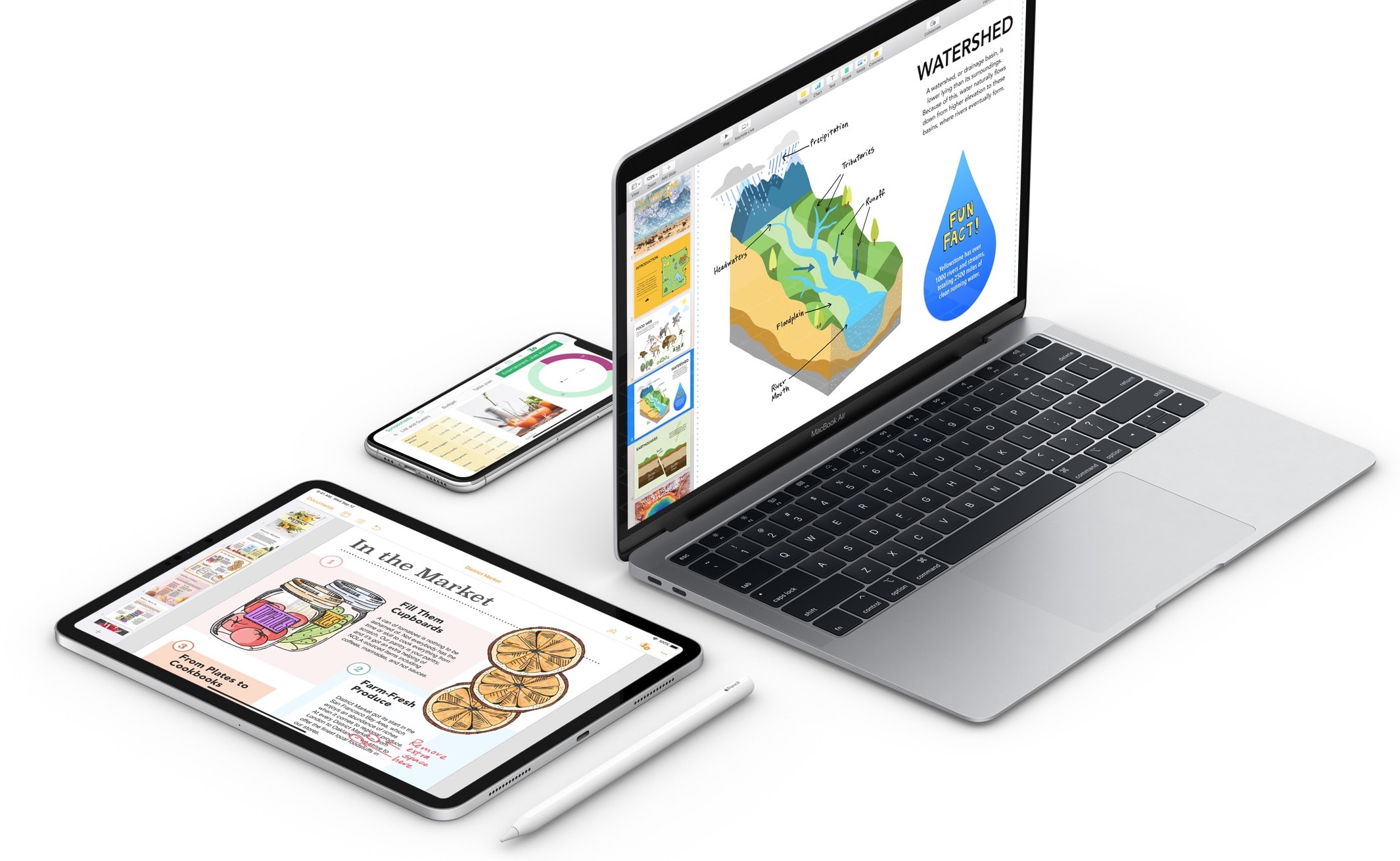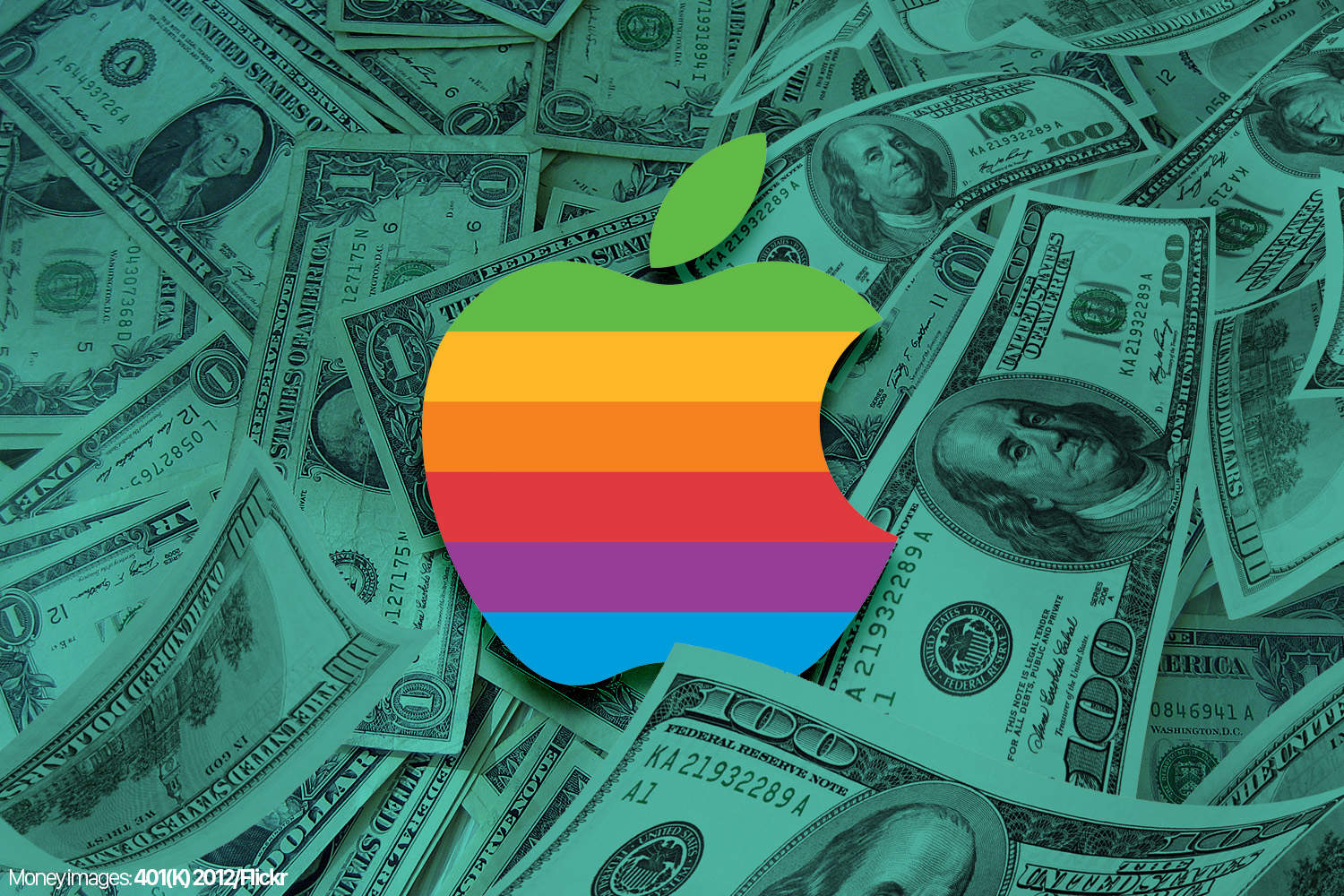Now that iOS and the App Store have been labeled “gatekeepers” by the European Commission, the EU’s Digital Markets Act requires Apple to allow users to install applications directly onto iPhones. And sideloading is just one of the sweeping changes resulting from the DMA. Users apparently will be able to replace Siri with one of its rivals, for example. Other services, like iMessage, might require modification later.
One thing’s clear: The iPhone won’t be the same after the Digital Markets Act goes into effect in spring 2024.


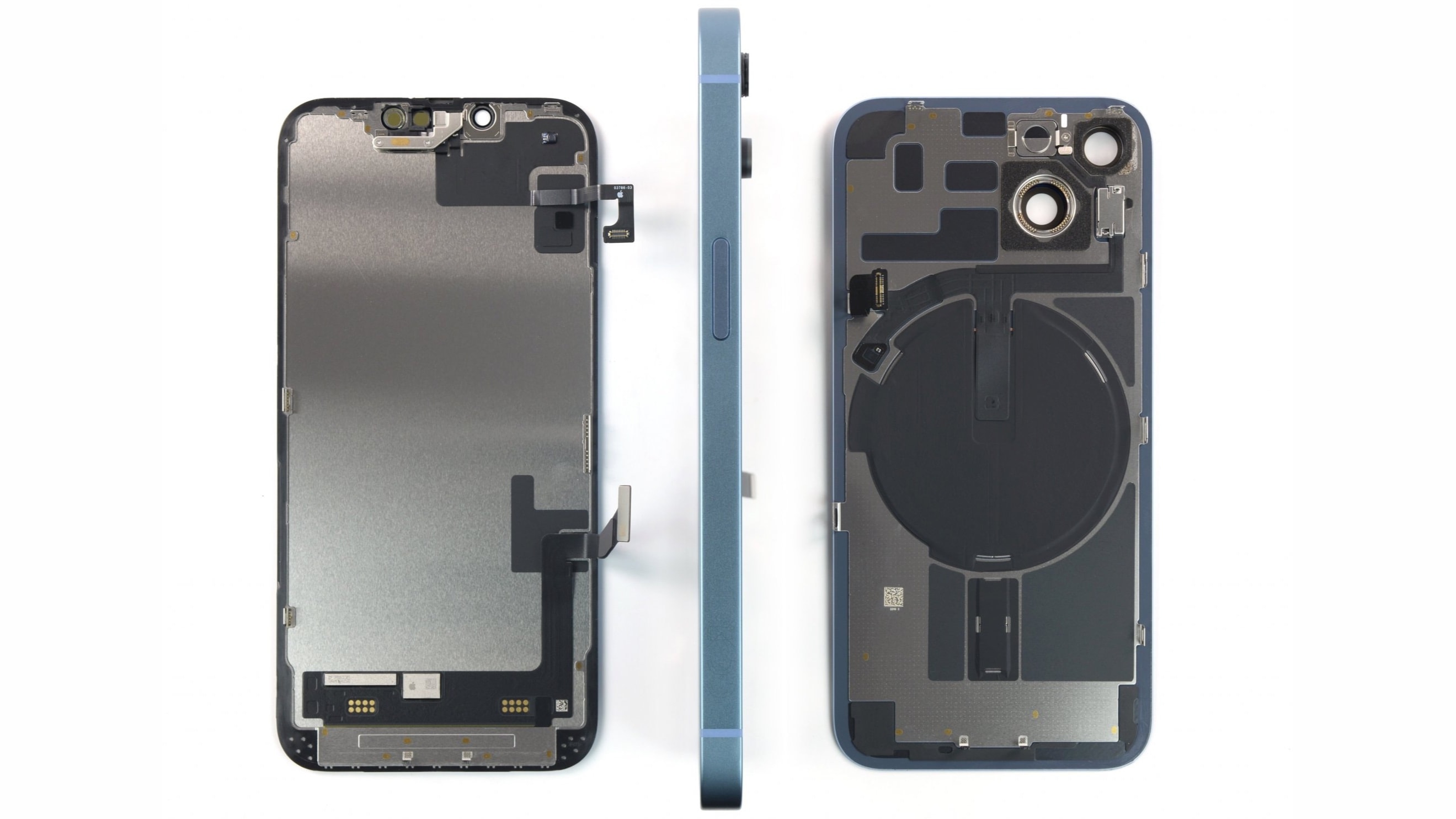
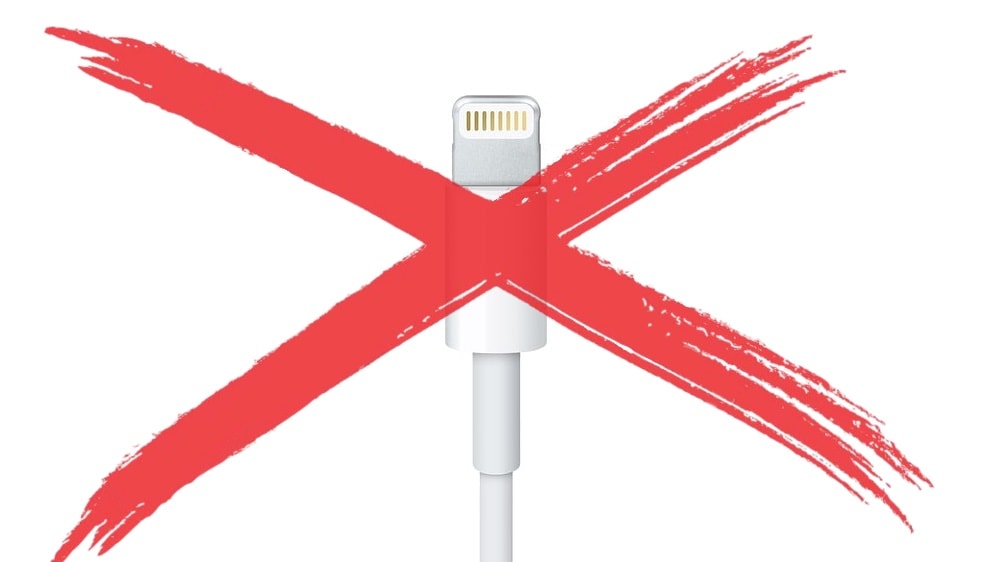
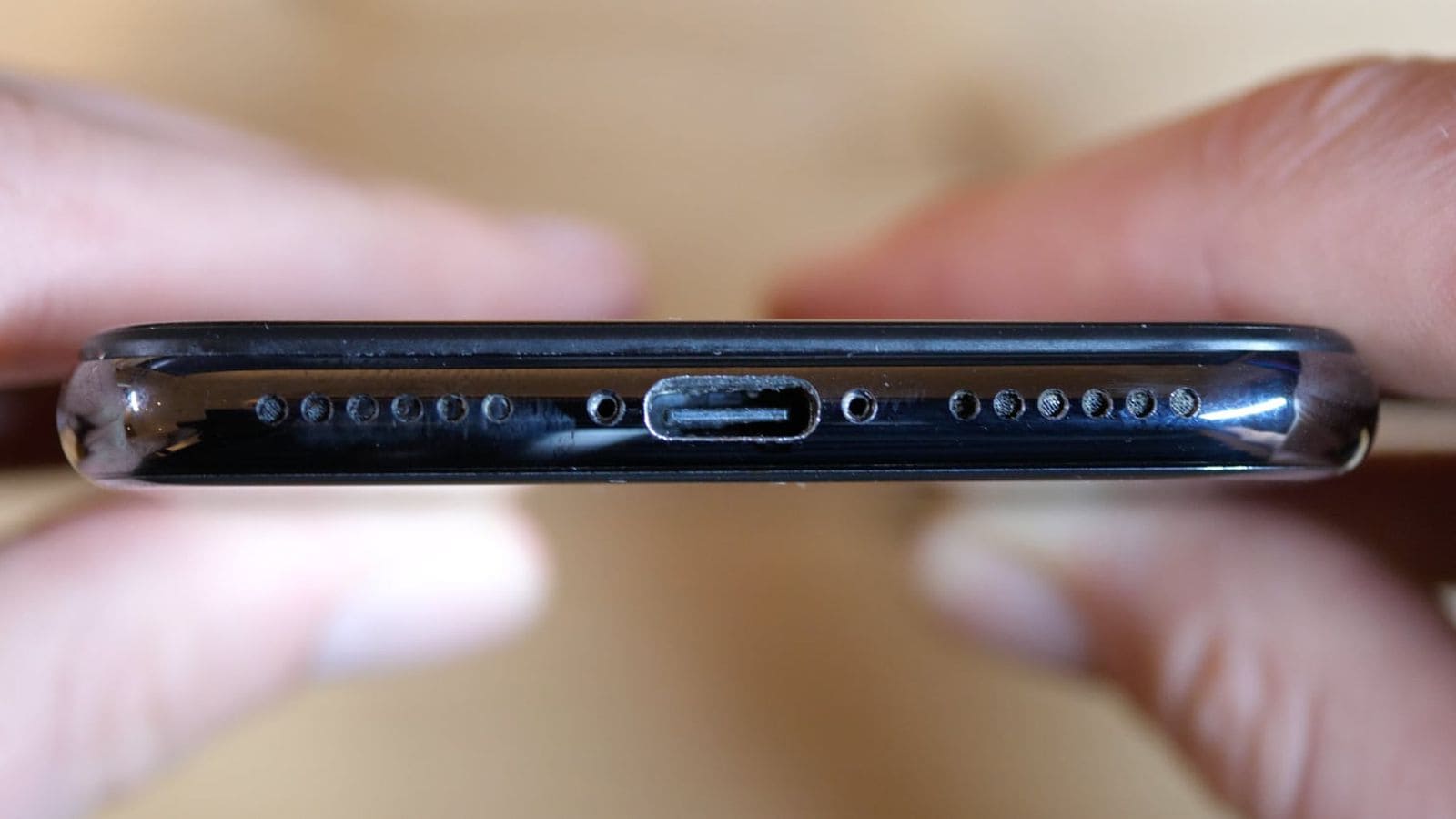
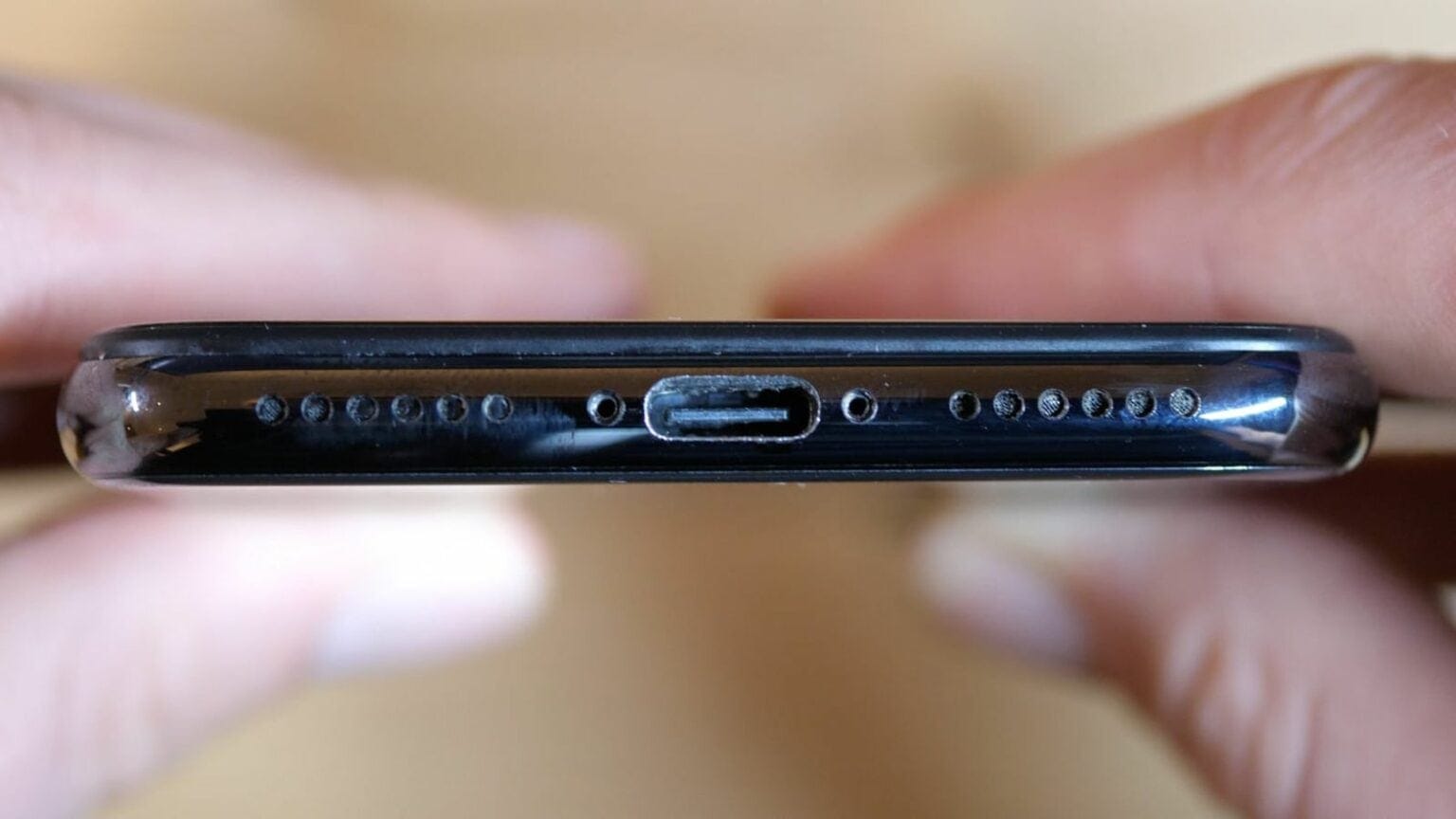
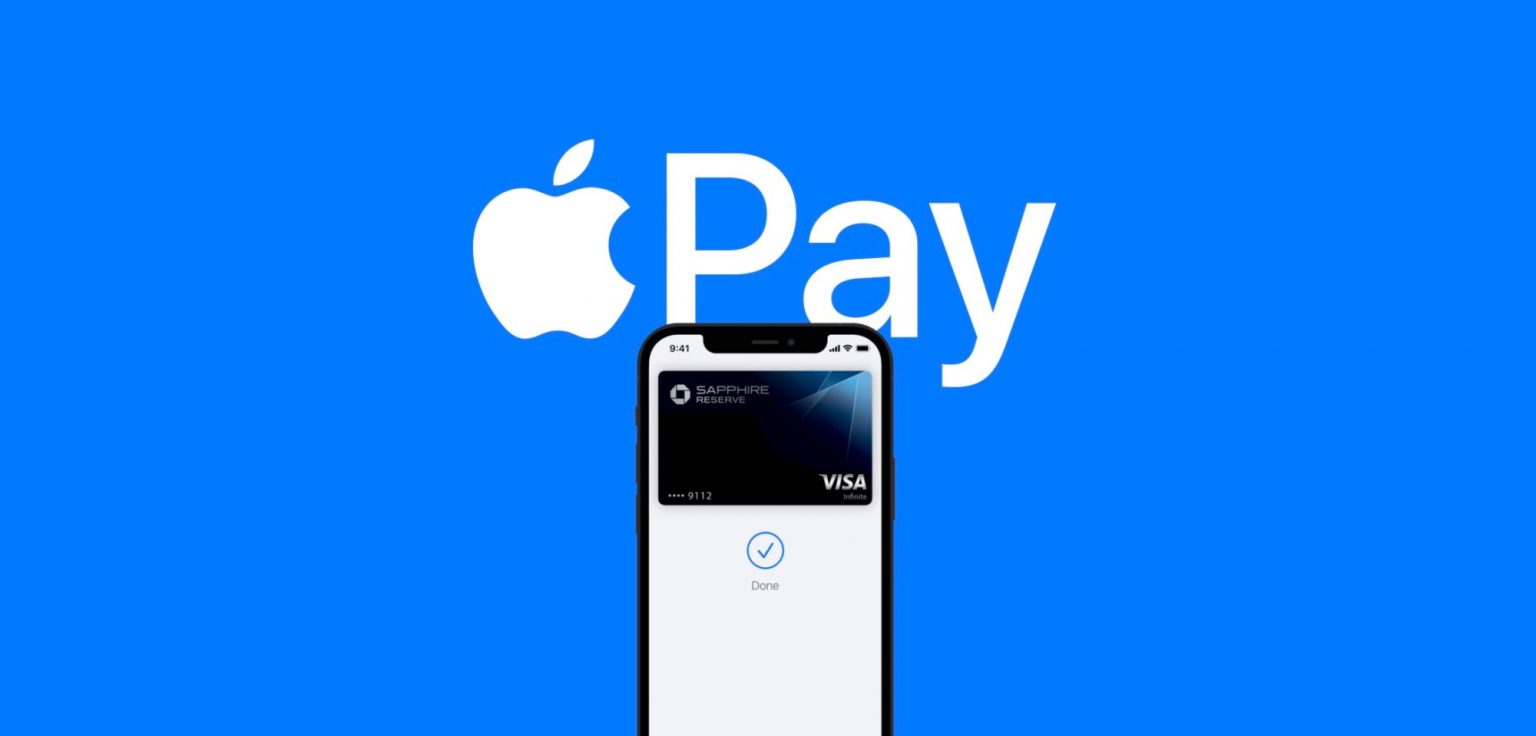
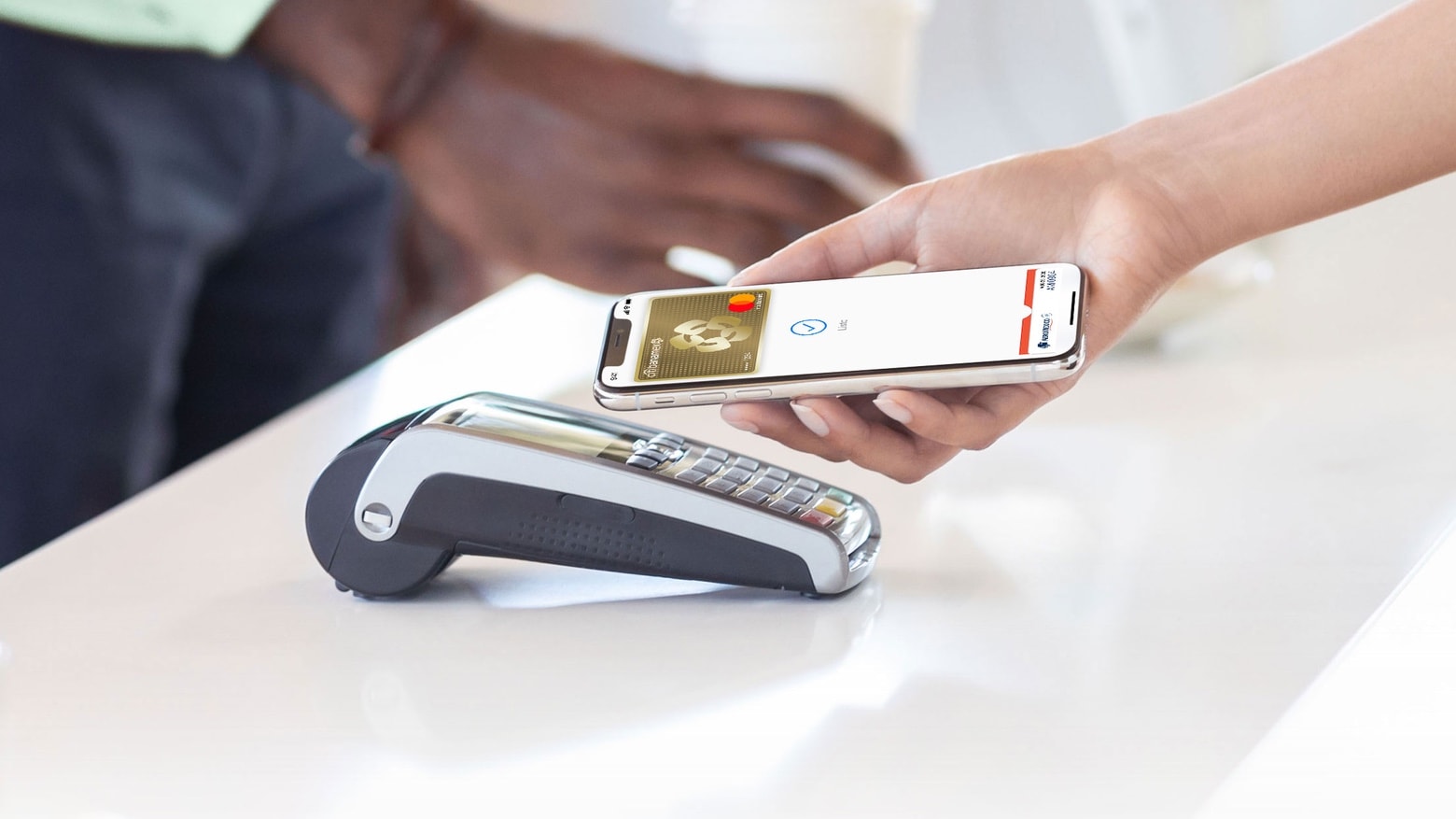
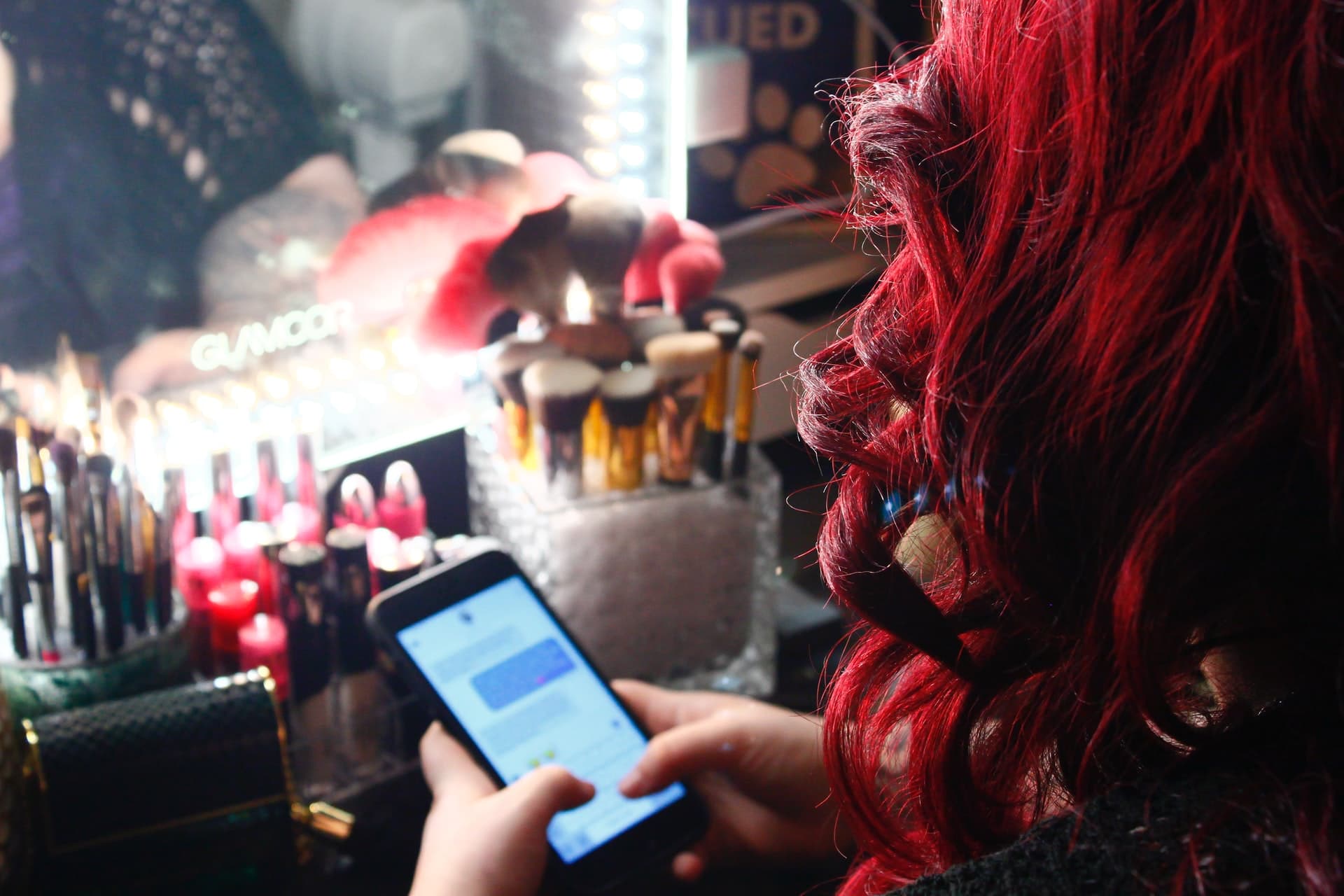
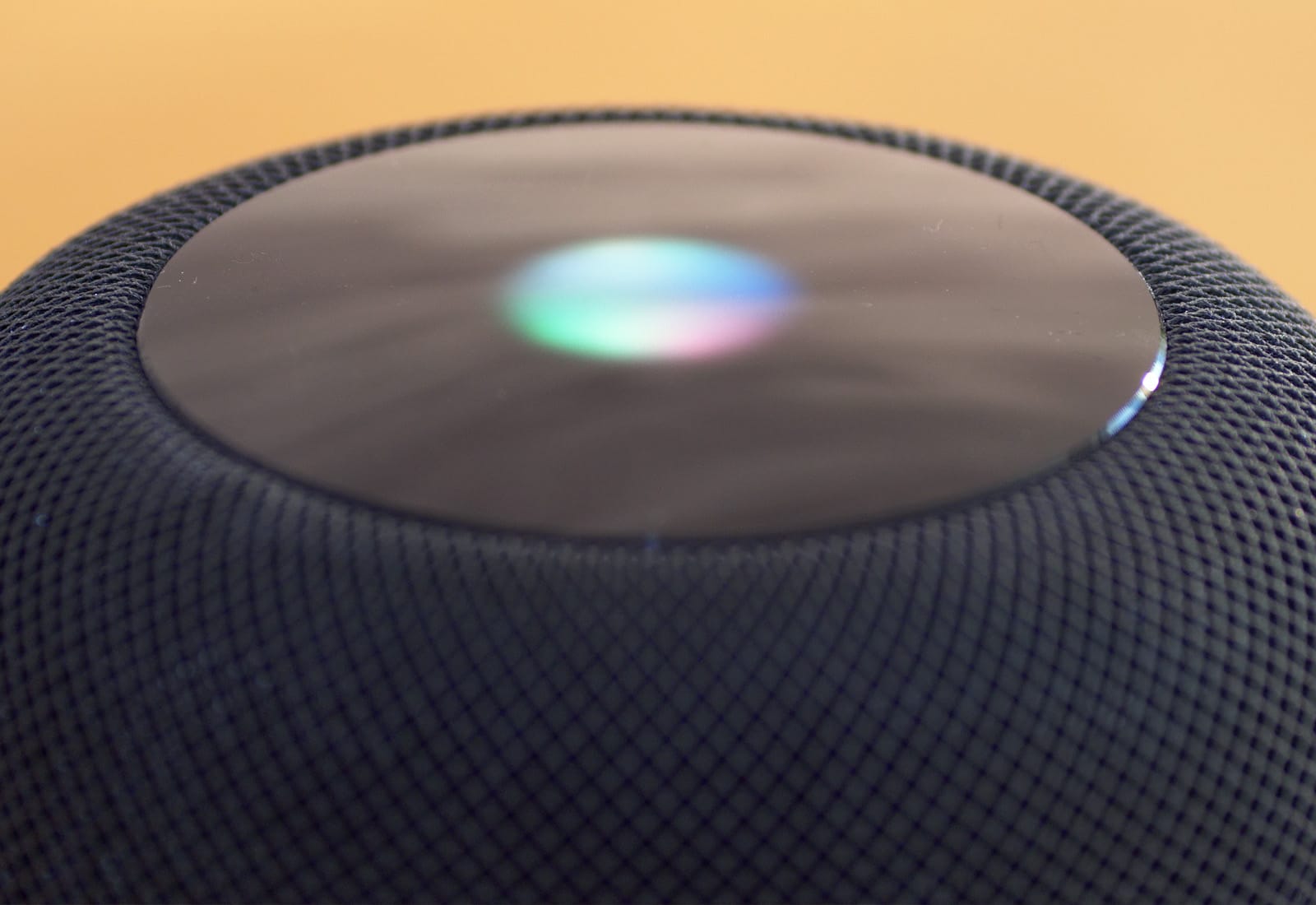

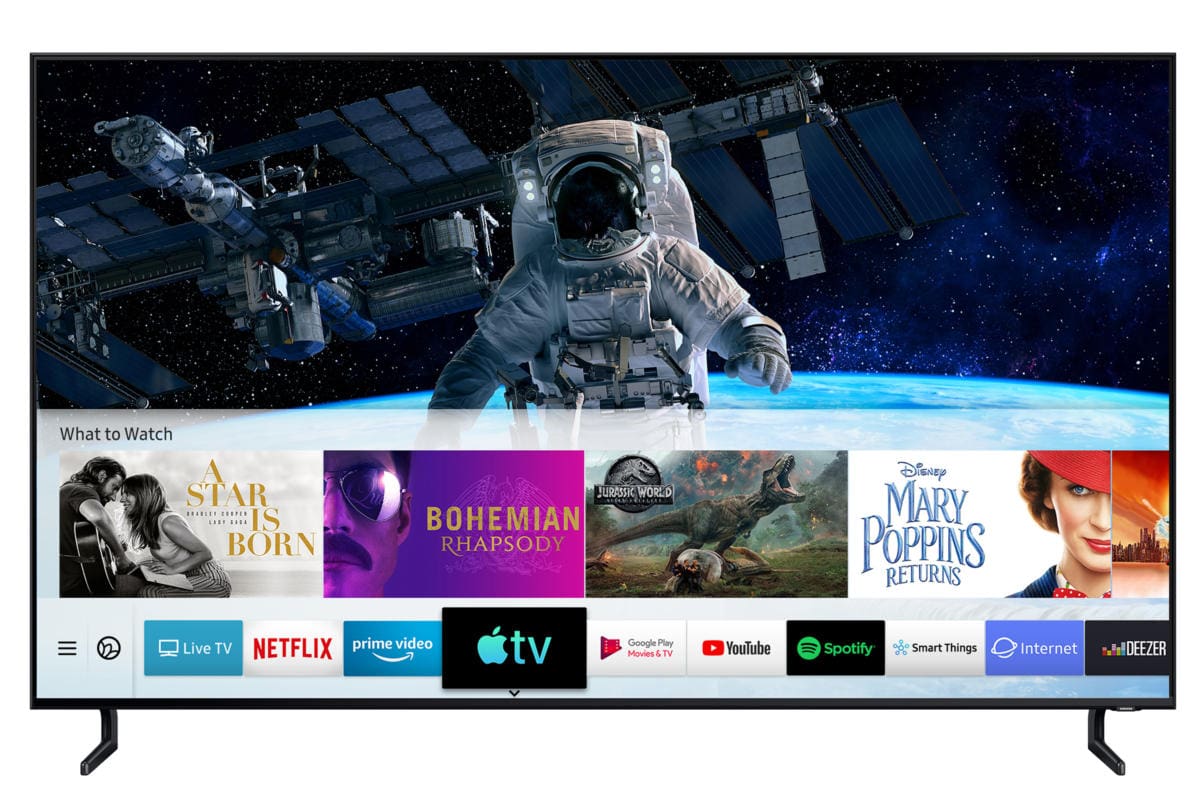
![YouTube, Amazon Prime Video follow Netflix in throttling video quality throughout Europe [Update] YouTube and Amazon Prime Video cut streaming bitrates in Europe.](https://www.cultofmac.com/wp-content/uploads/2020/03/You.Tube_.Amazon.prime_.video_.logos_.combined.jpg)
